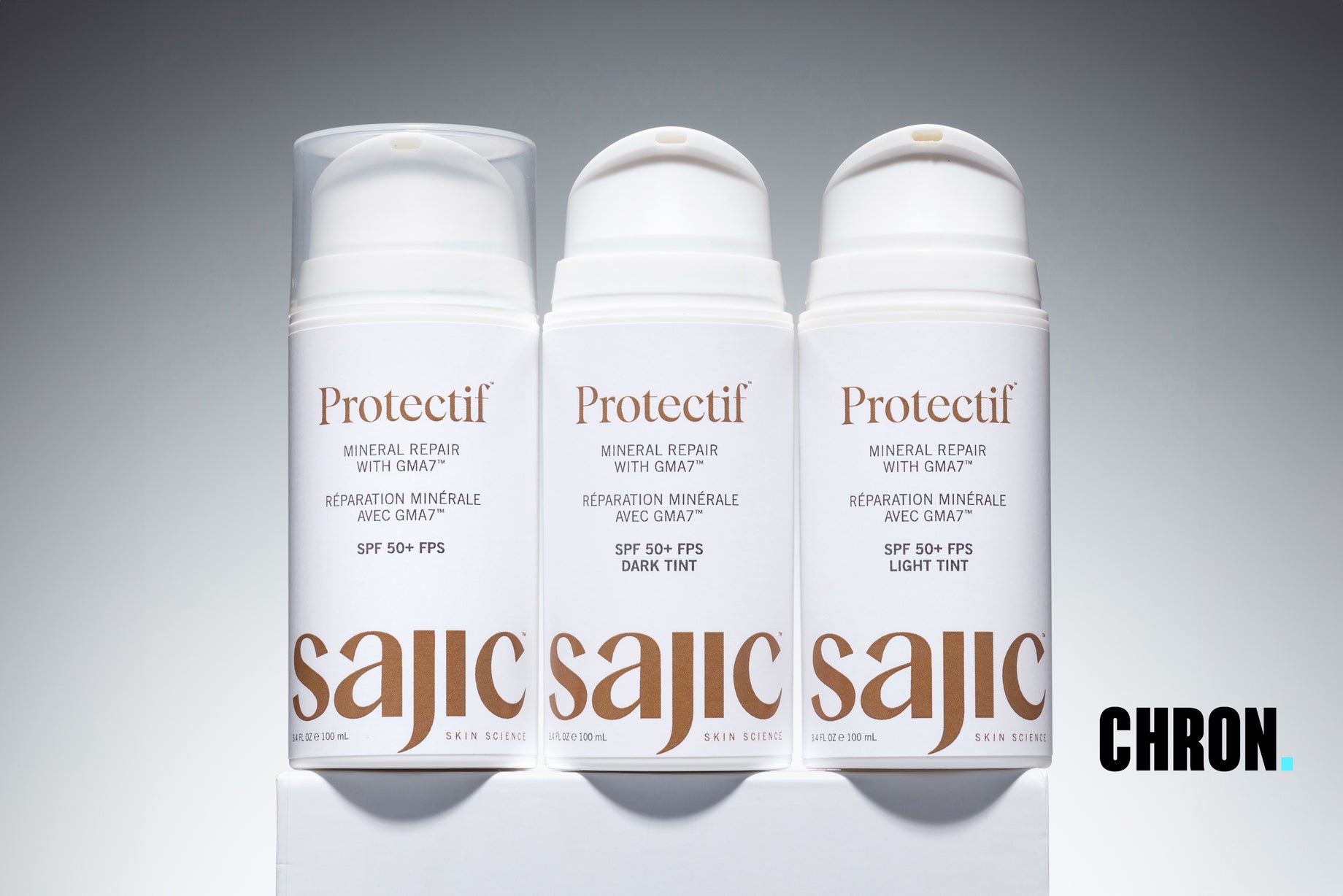If you're one of the 14 million Americans living with rosacea, you likely know the struggle of coping with flushed cheeks, persistent redness, visible blood vessels, and sometimes painful pustules.
Another common challenge you might face when living with rosacea? Trying new skin care products. Many facial washes, moisturizers, and other beauty and skin products contain potentially irritating ingredients that can worsen your symptoms, as you may already know.
Having rosacea typically means you have a damaged skin barrier, which leaves you more susceptible to irritation and dryness. But according to Dr. Fayne Frey, a board-certified dermatologist in private practice, the right moisturizer can help strengthen your skin barrier — and may also help calm inflammation and combat dryness.
Below, dermatologists recommend seven different soothing, ultra-moisturizing formulas that can help minimize rosacea symptoms and improve the appearance of your skin.
Cetaphil Redness Relieving Moisturizer
As the product name suggests, this budget-friendly moisturizer is specifically formulated to tackle redness, which it does in several different ways, according to Dr. Dusan Sajic, a board-certified dermatologist and founder of the Derma Skin Institute.
The humectants in this moisturizer — glycerin and allantoin — are popular humectants that may help reduce inflammation, Sajic says. The licorice root extract and caffeine, meanwhile, also boast anti-inflammatory properties.
Another advantage of this moisturizer, according to Dr. Dustin Portela, a board-certified dermatologist at Treasure Valley Dermatology & Skin Cancer Center: it provides mineral-based sun protection with broad spectrum SPF 20.
As an added bonus, the formula is also tinted, which may help conceal unwanted redness. One reviewer writes that when they use this moisturizer, they can use far less foundation or skip it altogether.
"I'm really impressed with how this applies. I only need one pump to cover my entire face, and instantly, I can tell that the redness is calmed after application," they write.
When to get professional support
Experts agree it's best to get professional treatment from a dermatologist for rosacea. There are many different kinds of rosacea, and a dermatologist can make personalized product recommendations tailored to your specific needs.
Depending on the severity of your rosacea, Sajic says your care team may also prescribe:
- Oral antibiotics
- Acne medications, if you have lesions or pustules
- Stronger topical medications that constrict blood vessels to reduce skin flushing
According to Brauer and Sajic, you may want to consider reaching out for support from a dermatologist if:
- You experience frequent or severe-flare ups.
- You don't notice any improvement from over-the-counter skin products.
- You have acne-like pustules.
- You have severe facial redness, which can also be a sign of other diseases.
- You have irritated or watery eyes, which can be a sign of ocular rosacea.
Read more of the article at Insider






